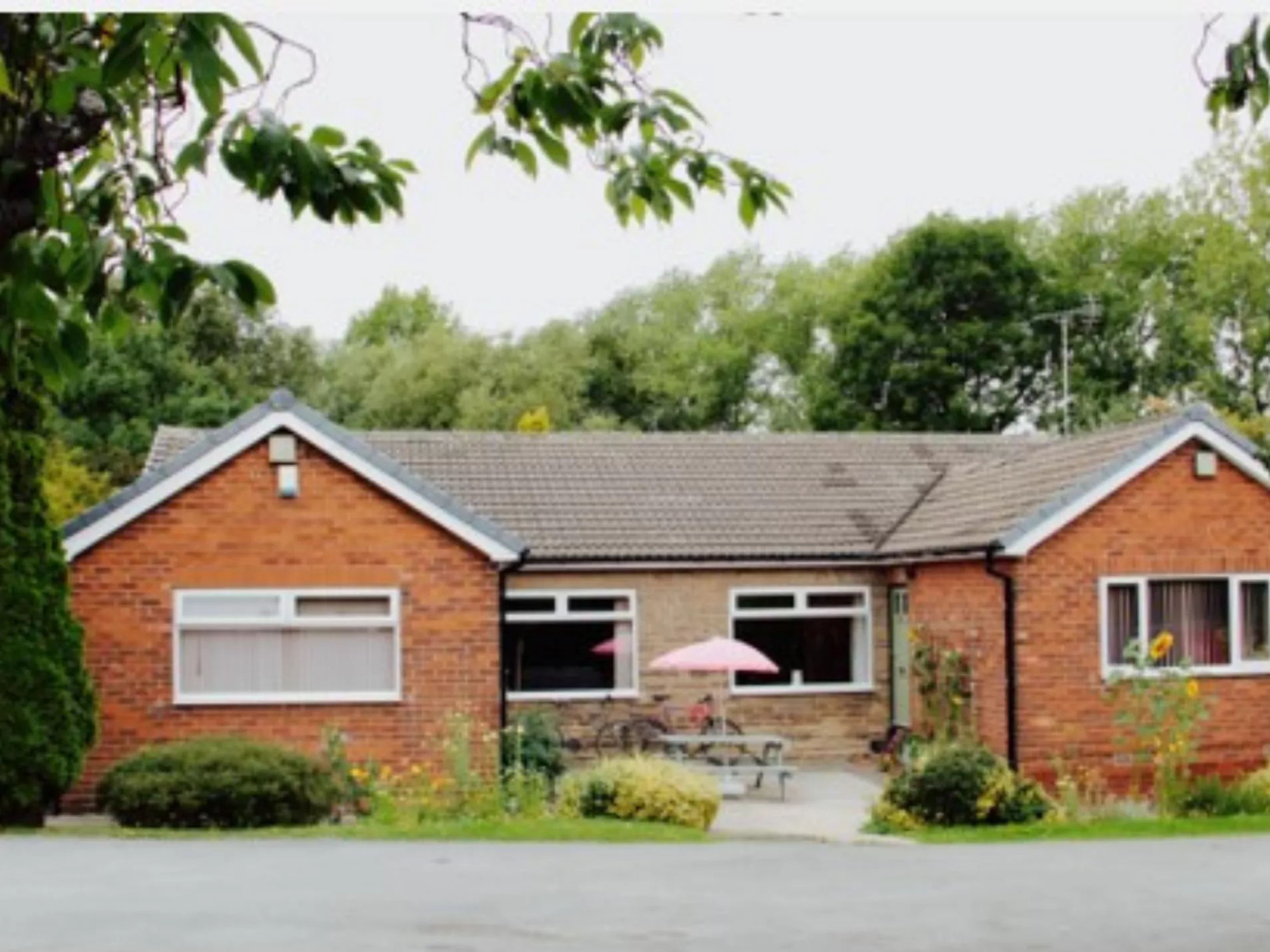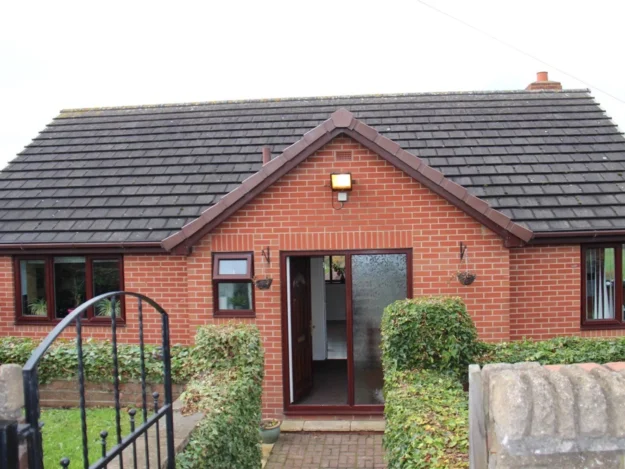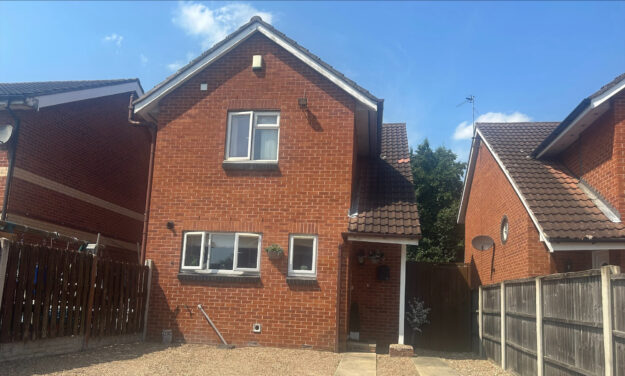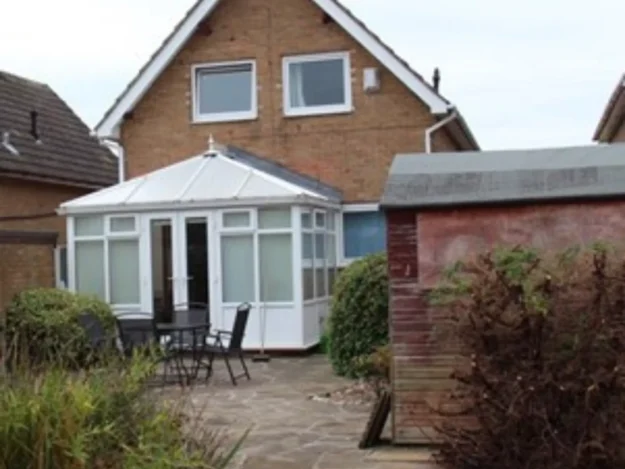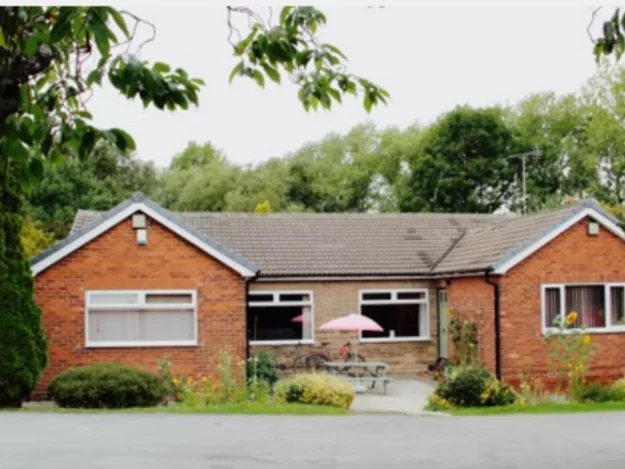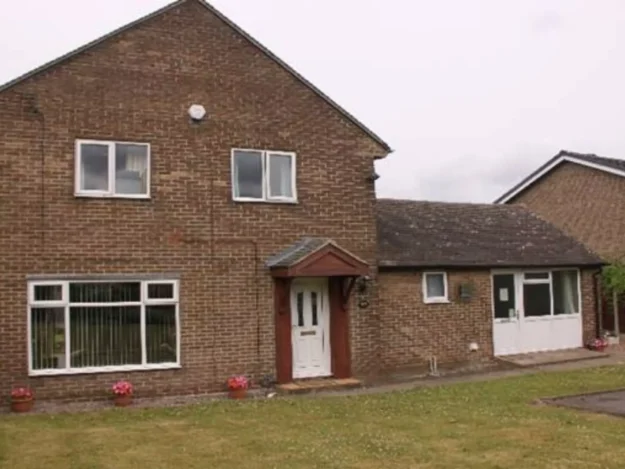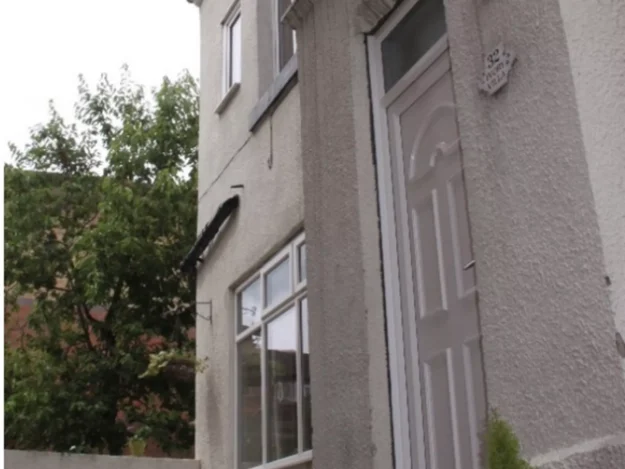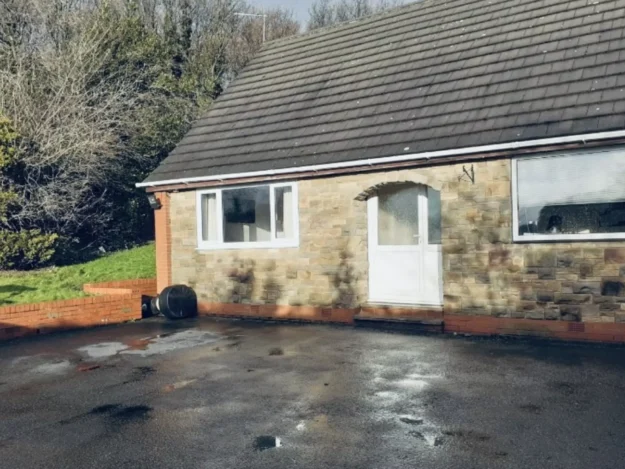Dove House
Dove House is a registered four-bedroom residential children’s home which can accommodate four young people of all genders with emotional and behavioural difficulties. There is also a small, separate building which can be utilised as a semi-independence training flat to raise the levels to five young people.
Our Approach
Consultation with young people is at the heart of all the work we do and the decisions we make about the child’s life are made with their involvement. We provide a nurturing and supportive environment which engages positively with young people and makes every effort to involve the wider system around them to ensure their needs are met.
We work hard to build constructive and warm relationships with young people and have a strong culture surrounding safeguarding issues where staff feel empowered and confident in risk management.

About Us
We are committed to improving the lives of the young people we care for by providing bespoke packages of care to suit individual needs.
Make a referral
Click here for more about our referral process or to request a referral. All requests for placements will be responded to with a matter of urgency
